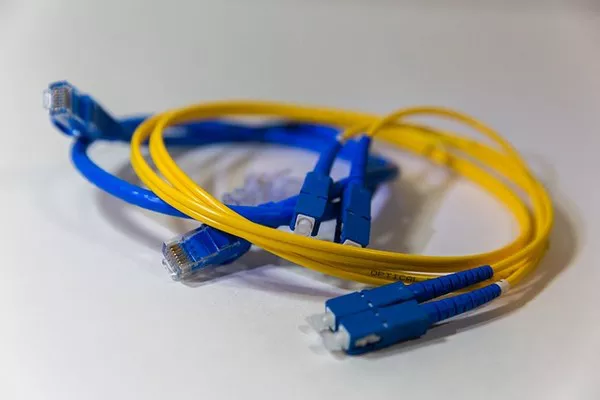Underground PVC conduit is a popular choice for protecting electrical wiring from environmental elements and physical damage. Whether for residential or commercial applications, selecting the appropriate wire type is crucial to ensure the safety and efficiency of the electrical system. In this comprehensive guide, we will explore the different wire types suitable for underground PVC conduit, focusing on factors such as wire insulation, direct burial cables, and considerations for various applications.
Importance of Proper Wire Selection:
Choosing the right wire for underground PVC conduit is essential for several reasons:
A. Protection: The wire needs to withstand the rigors of being buried underground, shielding it from moisture, soil, and potential damage from external factors.
B. Electrical Performance: The selected wire must deliver reliable electrical performance to avoid voltage drop, overheating, or other electrical issues.
C. Compliance with Regulations: Using approved and appropriate wires ensures compliance with electrical codes and safety standards.
Types of Wire for Underground PVC Conduit:
A. THWN/THHN Wire:
THWN/THHN is a popular type of wire for underground conduit installations. THWN (Thermoplastic Heat and Water-resistant Nylon-coated) is suitable for wet locations and offers resistance to water, making it ideal for underground applications. THHN (Thermoplastic High Heat-resistant Nylon-coated) is similar but is intended for dry locations.
B. UF-B Cable:
Underground Feeder (UF-B) cable is specifically designed for direct burial without the need for conduit. It features a weather-resistant jacket and is suitable for wet locations, making it an excellent choice for outdoor and underground applications.
C. XHHW Wire:
Cross-linked polyethylene (XLPE) High-Heat-resistant Water-resistant (XHHW) wire is another option suitable for underground conduit installations. Its high-temperature rating and resistance to moisture make it a reliable choice for outdoor and wet locations.
Wire Insulation: The Key to Protection
The insulation material of the wire is a crucial factor to consider for underground PVC conduit installations:
A. PVC Insulation: Wires with PVC (Polyvinyl Chloride) insulation are commonly used for underground conduit applications. PVC provides good protection against moisture, abrasion, and environmental factors.
B. Thermoset Insulation: Wires with thermoset insulation, such as cross-linked polyethylene (XLPE), offer enhanced resistance to temperature extremes and chemicals. This makes them suitable for harsh underground environments.
Direct Burial Cables: Simplifying Underground Installations
Direct burial cables eliminate the need for conduit, providing a more straightforward installation process for underground wiring. UF-B cable is a common type of direct burial cable suitable for use in the ground without additional conduit protection.
While direct burial cables offer convenience, they may not be the best option in all situations. For complex electrical systems or scenarios where future modifications are expected, using wires inside PVC conduits provides greater flexibility and ease of maintenance.
Considerations for Specific Applications:
A. Residential Installations:
For residential underground conduit installations, THWN/THHN wire is a popular and cost-effective choice. Its water-resistant properties and availability in various gauges make it suitable for a wide range of residential electrical needs.
B. Commercial Installations:
In commercial settings, where larger electrical loads and longer distances are common, XHHW wire or direct burial cables like UF-B are preferred. These cables offer higher ampacity and better performance for heavier electrical demands.
C. Outdoor Lighting:
For underground conduit used in outdoor lighting projects, UF-B cable or THWN/THHN wire with PVC insulation are commonly used. Both options provide weather resistance and durability, ensuring safe and reliable outdoor lighting systems.
Conclusion:
Selecting the right wire for underground PVC conduit is crucial for the safety, performance, and compliance of electrical installations. Whether it’s THWN/THHN wire, UF-B cable, or XHHW wire, understanding the specific characteristics of each type and its suitability for various applications will empower you to make informed decisions. Additionally, considering the benefits of direct burial cables versus traditional wire-in-conduit installations ensures a well-designed electrical system tailored to your specific needs. By adhering to electrical codes and best practices, you can create a reliable and efficient underground electrical network that will serve you for years to come.

